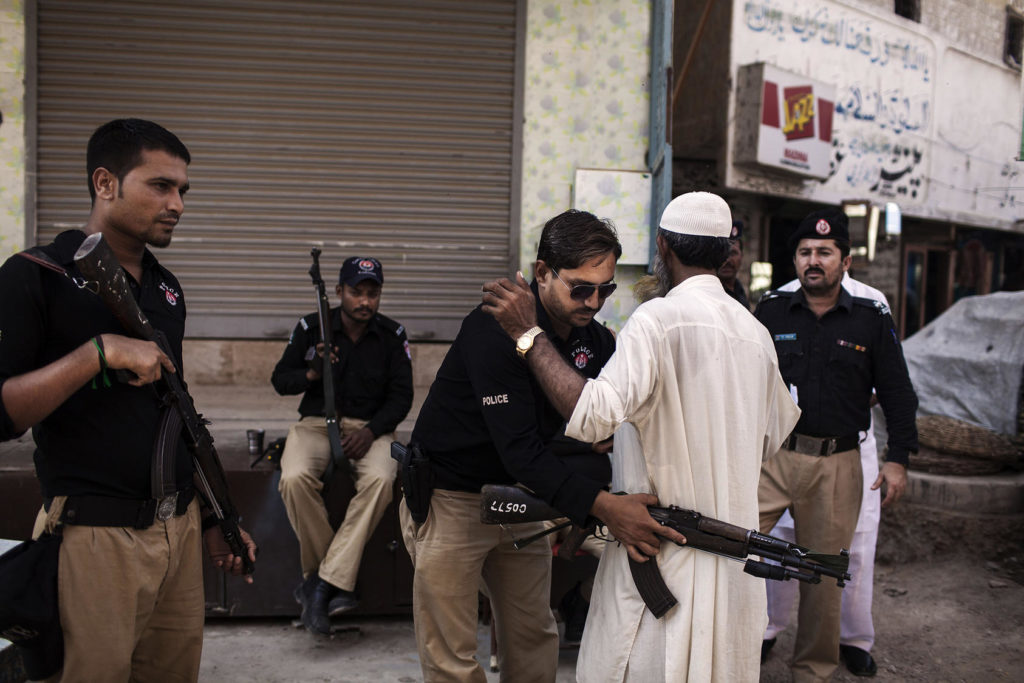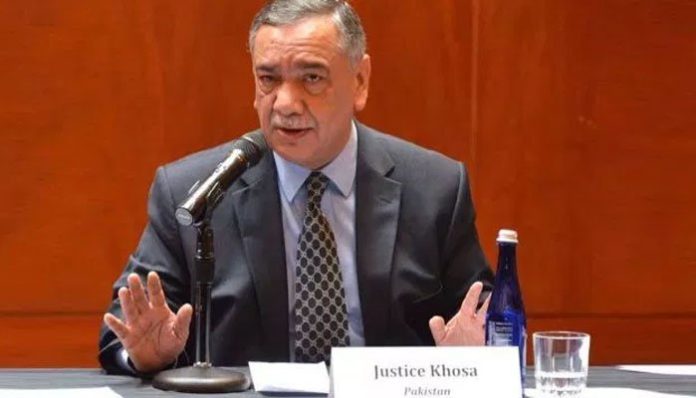The imperial form of police infrastructure that Pakistan inherited was deliberately created to serve the British rulers rather than promote harmony, security and adherence to the law. The Police Act of 1861 has never changed except for minor amendments. Even the new laws introduced by the Provinces retain more or less the essence of the original imperial law. The persisting culture is to ensure that the weak remain subservient to the influential political elite, with the police subservient to the powerful from whom they take orders. The inherent imperialism in the governing law of the police force has never been challenged effectively. In a feudal society this will continue unless drastic changes are made.
Launching the Police Reforms Committee Report on Jan 14, 2019, former Chief Justice Mian Saqib Nisar said that, “An efficient criminal justice system is the backbone of every society and delivering justice is one of the core responsibilities of the judiciary. A fair dispensation of justice is influenced by factors such as support from law enforcement agencies, ensuring that each person is treated equal before the law as enunciated in Articles 4 and 25 of the Constitution of the Islamic Republic of Pakistan, 1973. Apart from the prevention and investigation of crimes, the Police also plays a crucial role in protecting the right to fair trial and due process guaranteed by Article 10-A of the Constitution” unquote.
The situation is so bad that most common citizens prefer to avoid the Police instead of soliciting their services to solve their complaints according to the rule of law. Realising the need to protect our LEAs from the governing elite, the Supreme Court (SC) constituted a “Police Reforms Committee” to deliberate on the subject and formulate concrete proposals for the way-forward in this mission. The Committee proposed reforms which include (a) A complaint redressal system (b) improved quality of investigation (c) Urban policing (d) effectiveness of anti-terrorist laws (e) Police accountability and (f) Integration of the criminal justice system. The glaring omission is not to have a ‘posting/promotion system’ in place adopted on the lines of the Army’s Military Secretary’s (MS) Branch. Only an established career system will solve issues about promoting people on merit and posting them into the right slots.
Given two dozen commissioned reports on Police reform over the past six decades unfortunately none of the recommendations were implemented or followed through. It was very frustrating for Jamil Yusuf and myself to be part of the “2002 Focus Group on Police reforms”. Half-hearted measures for implementations neither secured the future of honest police officials nor did they serve the purpose of enforcing the law. To make this vision a reality, the CJ established a Steering Committee under the stewardship of Mr. Justice Asif Saeed Khan Khosa, comprising of serving Inspector Generals of Police to examine the recommendations. Presentations were made on the substance of the reforms by senior retired officers of IG Rank, a serving IG laid out the implementation mechanism in the Report. Being an integral part of the criminal justice system of any nation the Police Force needs to be given the operational autonomy to independently enforce and uphold the rule of law.

The police is either frightened because of the treatment meted out to officials who dared to stand up against the powerful or has become highly politicized on account of countless politically influenced recruitments, dismissals and transfers in the force. Poorly trained, ill-equipped and chronically corrupt the bitter truth is that the police has elements corroding this institution to its core. The Police Force has often been used for criminal activity as is the situation in Sindh and in varying lesser degrees in the other provinces. On the other hand the Honorable Chief Justice lauded the brave warriors of the Police Force who have sacrificed their lives to protect the people of this country. Despite deterioration of the Police system, the Legislature and Executive have failed to make the necessary reforms that are the need of the hour. The saga of former IG Police Sindh A D Khawaja is a graphic example, his not being promoted despite his honesty and merit is an enduring disgrace.
The Police Force has the potential to deliver provided it has the required backing of the Government leading political parties do not make impediments in their duty. Extraneous pressures must be removed. Unfortunately, the Police Officials are themselves often involved in the very crimes it is their duty to prevent, on the other hand criminals get away with their crimes because they have help from the inside. Kudos to the former Chief Justice Mian Saqib Nisar that days before his retirement he has made a most significant change in the destiny of Pakistan.




